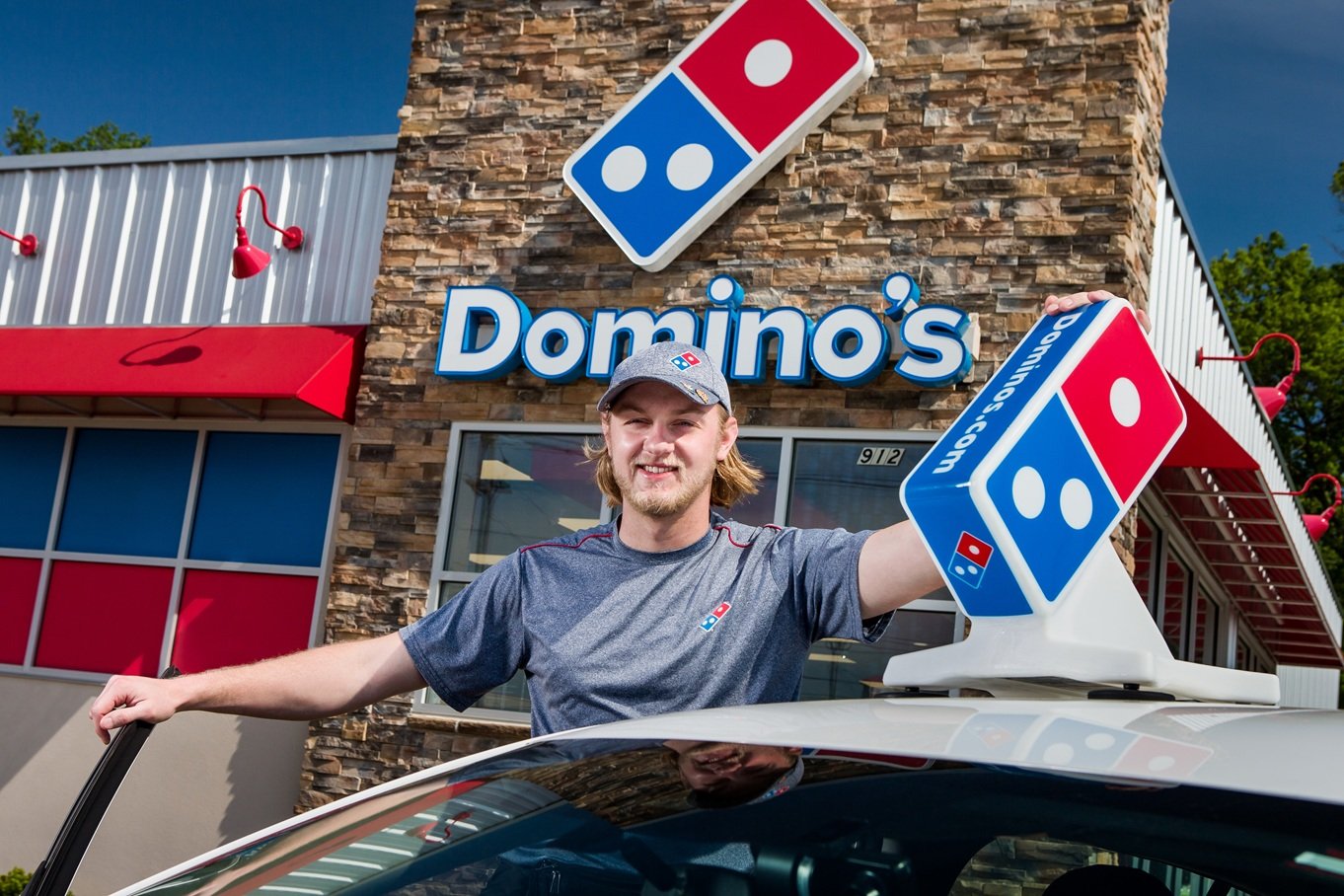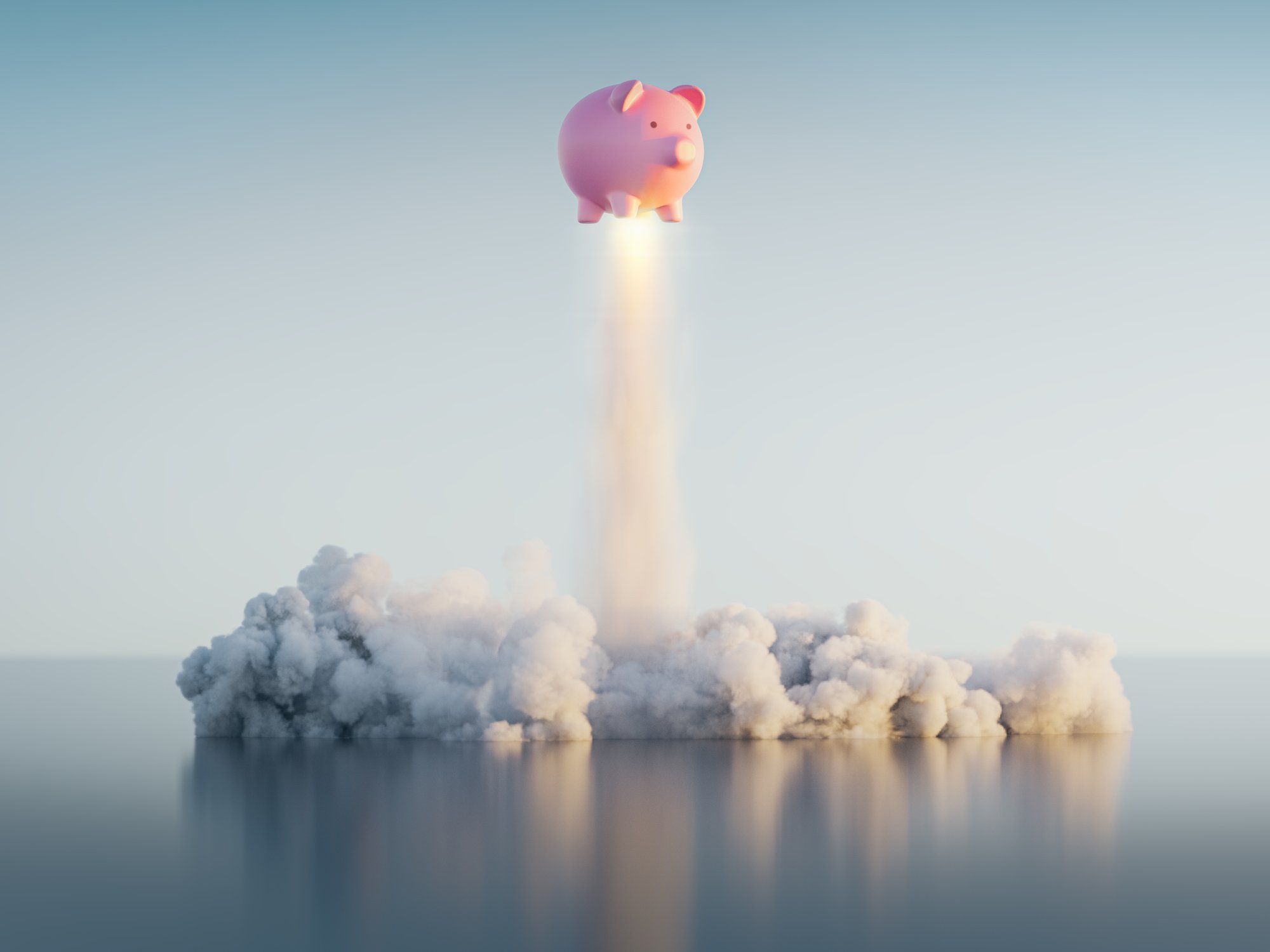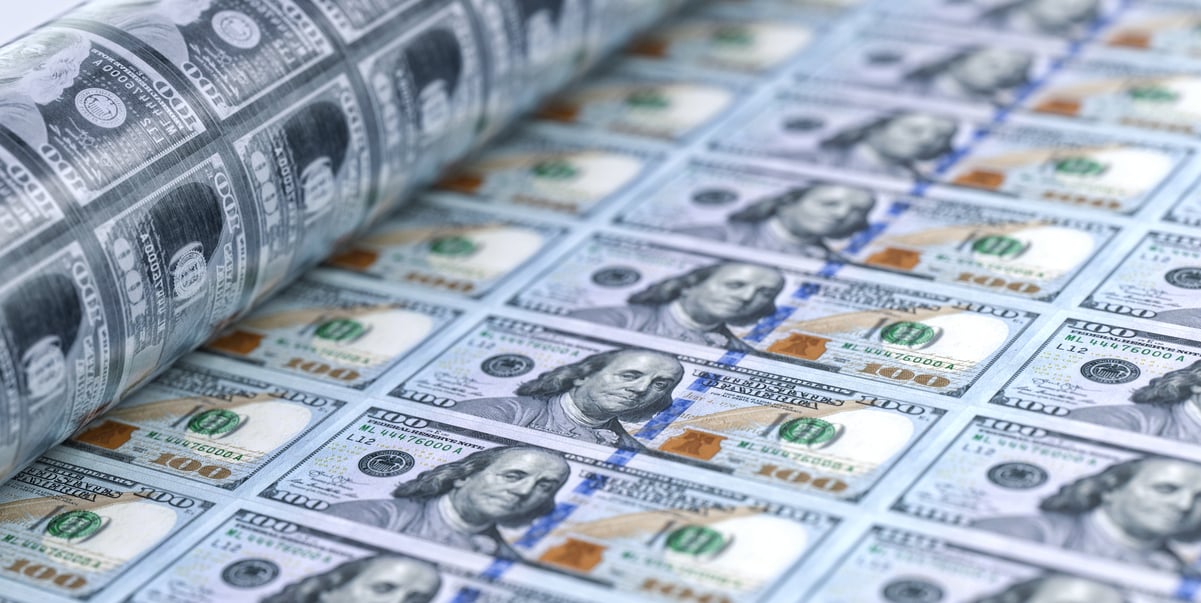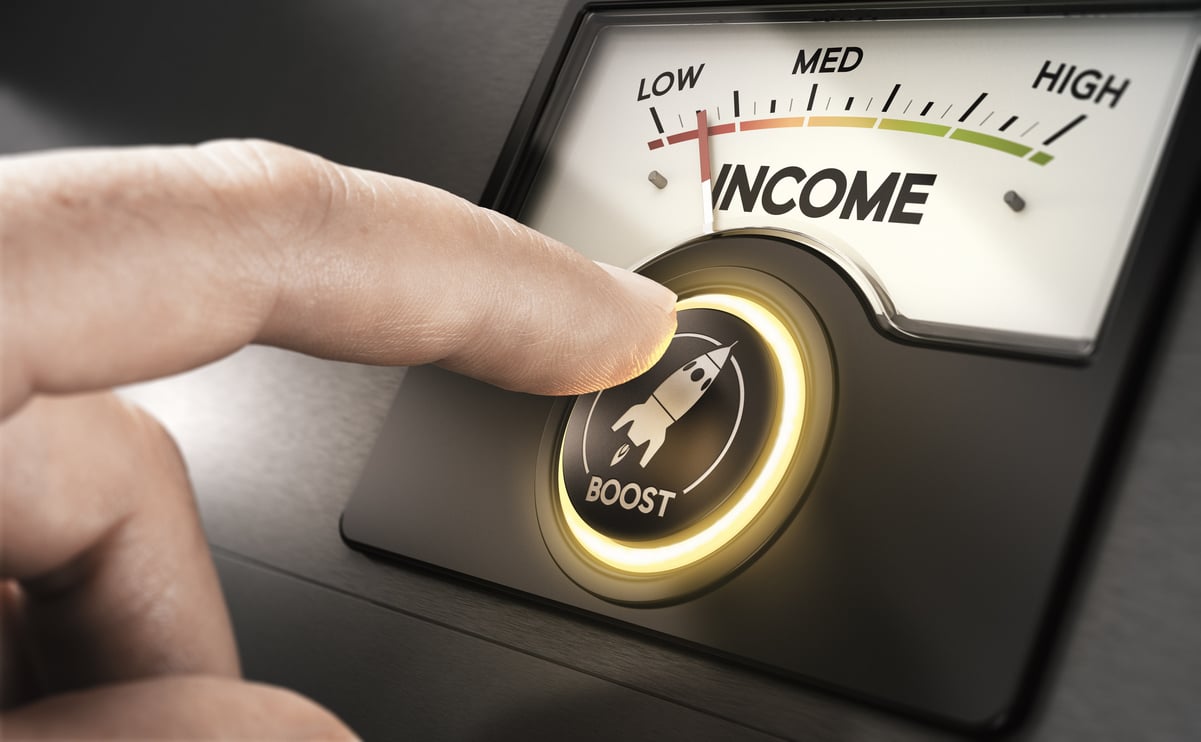Coca-Cola (KO 0.26%) could be interested in developing drinks infused with CBD, the non-psychoactive ingredient in marijuana that treats pain but doesn't get users high. The beverage maker is in talks with Canadian marijuana producer Aurora Cannabis (ACBFF 1.72%) to develop the drink, according to Bloomberg.
Shares of Aurora surged after the news, but Coca-Cola shares barely budged. That's because the development of a single new drink (even a cannabis-infused one) probably wouldn't move the needle for Coca-Cola, though it could significantly juice up Aurora's revenues.

Marijuana leaves in a grapefruit drink. Image source: Getty Images.
In a statement to Bloomberg, Coca-Cola spokesman Kent Landers stated that the cannabis market was "evolving quickly" but that "no decisions" had been made about new products. Aurora stated that it occasionally engages in "exploratory discussions" with other companies, but hadn't established any beverage partnerships yet.
Therefore, it seems like that many headlines about Coca-Cola selling marijuana-infused drinks are premature and misleading. Let's take a look at why Coca-Cola and other companies would consider selling cannabis-based products, and why investors shouldn't get too excited about those developments yet.
Pivoting away from slow-growth markets
Coca-Cola's biggest long-term headwind is the decline of soda consumption rates across the world. Last year, Beverage Digest reported that soda consumption in the U.S. fell to its lowest point in more than three decades.
The same pattern can be seen in many countries, where health-conscious consumers are shunning sodas and other sugary drinks. That downturn was exacerbated by the introduction of soda taxes in a growing number of U.S. cities and overseas markets.
Coca-Cola's main strategy has been to diversify its beverage portfolio with bottled water, teas, fruit juices, energy drinks, and other beverages. That's why it bought a large stake in energy-drink maker Monster Beverage, agreed to acquire U.K. coffee chain Costa Coffee, and is reportedly mulling the purchase of GlaxoSmithKline's malted milk brand, Horlicks. Coca-Cola also introduced new low-sugar and sugar-free versions of its flagship sodas.
It seems like a CBD-infused drink would complement those efforts and offset Coca-Cola's decelerating soda sales. However, it's unclear how legal these drinks would be, even after marijuana's psychoactive ingredient is removed.
Recreational marijuana use has only been fully legalized in three countries -- Canada, Georgia, and Uruguay -- along with nine U.S. states and Washington, DC. The laws in other markets are murkier and it's not legal at the federal level in the United States. So it's unclear how all the laws will apply to CBD-infused beverages. Until now, CBD-infused drinks were sold by smaller companies like Sprig and Dirty Lemon instead of major beverage makers.

Dirty Lemon's CBD drink. Image source: Dirty Lemon.
Coca-Cola's not alone...
Coca-Cola's interest in marijuana might seem surprising, but plenty of other aging consumer staples companies facing decelerating sales are looking in the same direction.
Molson Coors Brewing (TAP +0.29%) recently agreed to launch a joint venture with Canadian cannabis company Hydropothecary Corp. to produce cannabis drinks in Canada. Diageo (DEO 1.75%) is also reportedly in talks with at least three Canadian cannabis companies to produce marijuana-based products. Both alcohol companies face slower sales of their traditional beer brands.
Altria (MO 0.56%), the biggest tobacco maker in America, also recently stated that it was "exploring options" and "evaluating market opportunities" in cannabis. That comment sparked wild speculation that Altria could mass produce marijuana cigarettes to offset its slowing sales of traditional cigarettes.
Meanwhile, a recent study from Yahoo News and Marist College last year found that 22% of Americans are "current" marijuana users, defined as users who smoked marijuana at least once or twice over the past year -- compared to the U.S. adult smoking rate of 16%.
But mind the backlash
The cannabis market sounds like an interesting opportunity for Coca-Cola and other companies, but it could also be a PR and regulatory minefield. First, Coca-Cola's family-friendly image could be tarnished by headlines proclaiming that it sells marijuana sodas.
Meanwhile, the Trump administration is taking a tougher stance on Canada's legalization of marijuana. A top Trump border official recently stated that Canadians who work in or invest in the country's marijuana industry could face lifetime travel bans to the US. Many Canadian companies are also being directly targeted by the Trump administration's tariffs -- and those tariffs could spread to cannabis companies and their American partners.
That's why many companies are only taking baby steps into the market. And baby steps never move the needle for massive companies like Coca-Cola, so investors should focus on more meaningful developments (like its takeover of Costa) instead.










